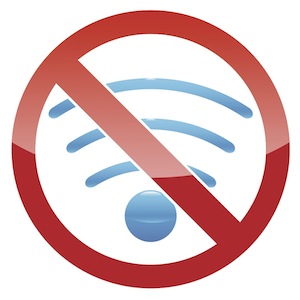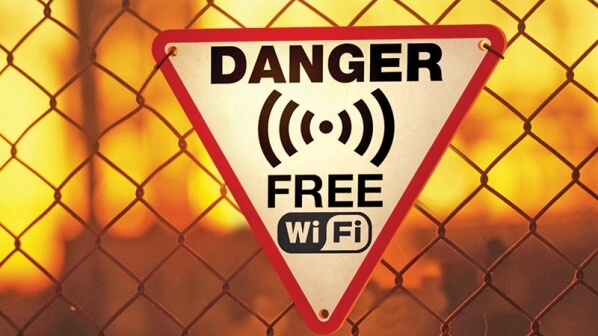Everybody loves free WiFi. It’s an important factor for the connected traveler when they’re choosing a hotel, and there are even websites dedicated to finding hotels with fast WiFi and testing speeds. But there’s a problem: it’s inherently unsafe. Let us see some of the reasons behind it!
1) What’s Wrong With WiFi?
The very nature of WiFi, with traffic from all mobile devices broadcast loudly over the airwaves, makes any public Wi-Fi network insecure. “With a cheap Wi-Fi adapter and some free software anyone can listen in on all conversations your phone or laptop is having with the outside world.
2) Why Is Hotel WiFi Considered Especially Risky?
The sophisticated security systems usually in place on corporate networks are not present on these kind of connections, which makes it’s easier for cyber criminals to execute Man-in-the-Middle (MitM) and Man-in-the-Browser (MitB) attacks due to the lowered security standard.

3) Who’s Intercepting Hotel WiFi?
The criminal gang compromises hotel WiFi networks and then waits for a victim to logon to the network, before tricking them into downloading and installing a backdoor, which in turn infects the device with spying software.
4) Are Some Hotels Riskier Than Others?
Absolutely – the higher the class of guests, the greater the chance that hackers are about. Hotel WiFi comes with a particular risk, as it’s a likely concentration of valuable targets like business travelers. Upmarket hotels are still more likely to have high-value targets such as executives, while WiFi in business class lounges is also a highly tempting hunting ground for attackers.
Unless your data is encrypted and sharing is turned off hackers are free to rifle through all of the data on your device or whatever is passing through your connection. The lesson is simple; assume all alien WiFi networks are insecure.



